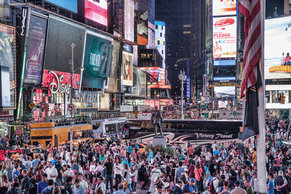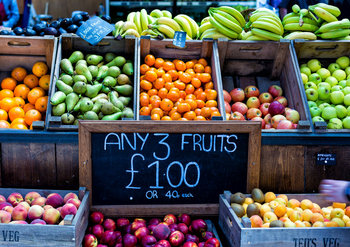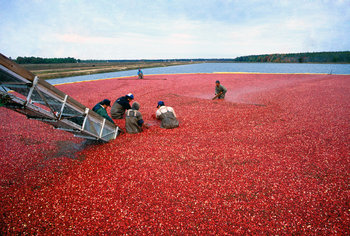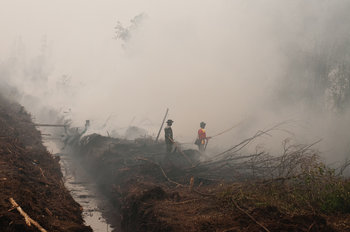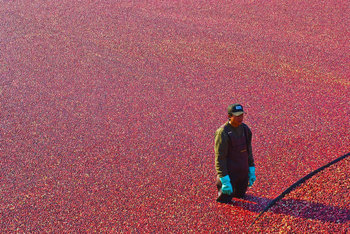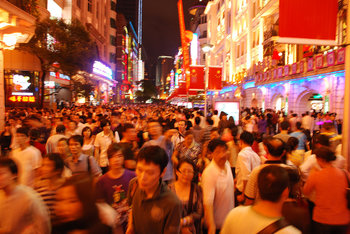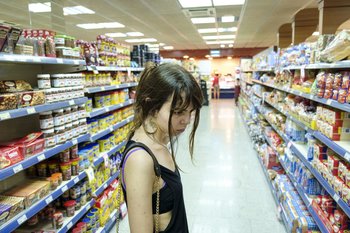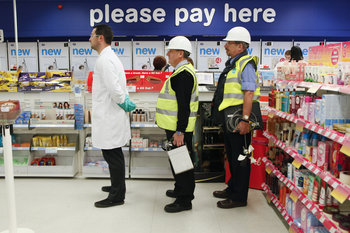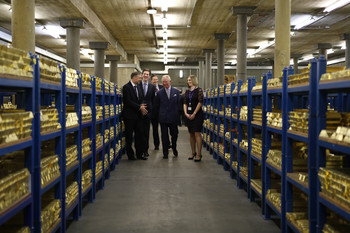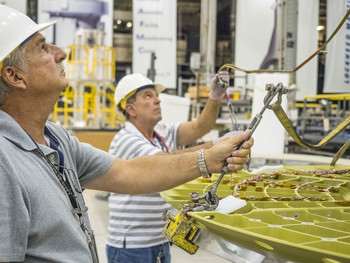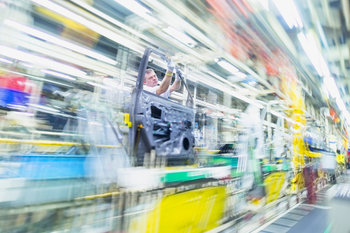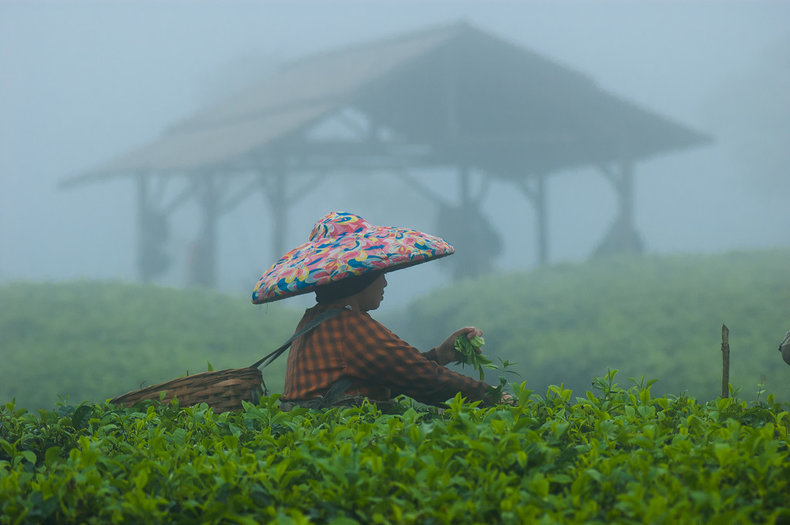
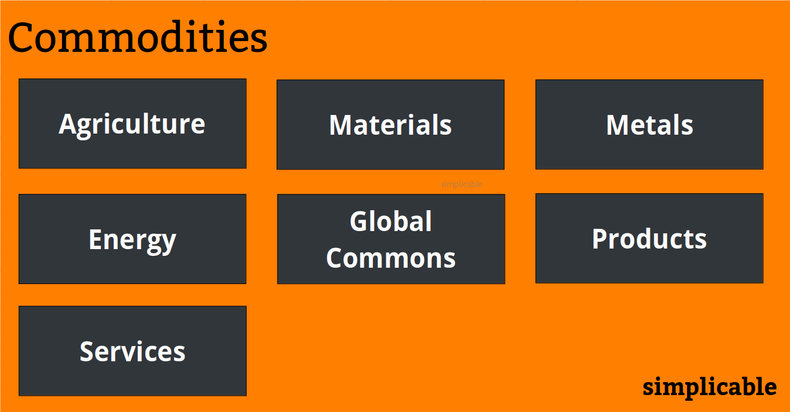
Agriculture
Agricultural products such as food and beverages. Some producers are able to create a unique agricultural product that isn't a commodity such as a fine wine or artisanal food.Materials
Materials such as wood or concrete.Metals
Metals such as gold function both as a material and as a form of money or investment. Historically, payments were often made with commodity-based money that had intrinsic value.Energy
Energy such as a kilowatt hour of electricity.Global Commons
Shared essential resources such as air and water. The value of global commons may be estimated to account for pollution and resource depletion. For example, if a factory produces a widget with a value of $1 that results in $4 pollution per widget, this isn't a productive economic process.Products
Products that customers view as the same such that they mostly buy the cheapest item. Firms work hard to develop brand image and quality that prevent this from happening. However, many industries slowly move towards becoming a commodity with time.Services
Services that customers view as the same with purchase decisions based mostly on price. For example, a budget airline that can't sell many seats if they raise their price $10 above the competition on a particular route.Notes
Individual producers and consumers typically have no influence over the price of a commodity. Both have to accept the market price. For example, it is generally impossible to buy gold at a price below the current market price.| Overview: Commodities | ||
Type | ||
Definition | Goods that are viewed as interchangeable such that they sell at a market price based on supply and demand. | |
Related Concepts | ||

